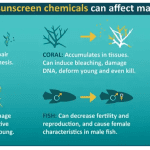Environmentally Responsible Tourism
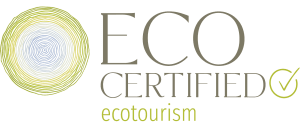
Ecotourism helps create a better appreciation of the world’s natural resources, such as landscapes, wildlife and coral reefs. This stimulates a desire to protect the natural environment through the creation of national parks, wildlife preserves and marine parks.
The world heritage listed Great Barrier Reef is, without doubt, one of the most remarkable, awe-inspiring classrooms on the planet. As a Great Barrier Reef marine tourism operator, we not only provide our passengers with the opportunity to explore one of the world’s greatest living treasures but also play a very crucial role in teaching you about its incredible ecosystem and the World Heritage values of the reef. Thanks to the internet, there’s a vast body of knowledge, fascinating facts, and interesting research about the reef at your very fingertips.
Coral Sea Sailing Adventures – Eco Certified, High Value Tourism Operator
CSS is proud to be an Eco certified Tourism Operator with Eco Tourism Australia. We believe the Great Barrier Reef is so important to this planet so we must help protect and preserve it.
We work hard to minimise our environmental footprint and aim to pass our knowledge onto our guests. We provide eco-friendly guided kayak tours taking guests around hidden inlets, regaling them with information about the local areas and their natural values. The kayaks allow us entry into smaller bays without causing damage from motors or anchors etc.
We encourage recycling on-board and return this to shore and encourage guests to refill their own water bottles instead of using plastics. We need to take action to ensure that our beautiful reef is preserved for years to come.
There are many pressures on The Great Barrier Reef including population increase, coastal development, pollution and climate change – to name a few.
Here are a few simple things you can do to help the reef
- Support conservation organisations and marine parks, through donations, volunteering, paying visitor fees (even when voluntary), etc.
- Help educate others about marine life and climate change.
- Follow our reef etiquette when snorkelling. Choose tour operators who are eco-certified and support marine conservation initiatives.
- Follow the Three R’s: Reduce, Recycle, Reuse – whenever possible.
- Plastics can choke and entangle marine life and contain harmful chemicals that concentrate pollutants. Help to reduce plastic waste; buy food with less packaging, buy in bulk, buy vegetables loose instead of in plastic bags. Don’t release balloons outside (they many end up in the ocean and harm marine life). Avoid buying bottled water, carry your own water bottle and refill.
- Reduce fossil fuel emissions: Drive less – walk, cycle, skate, use public transport, combine errands, car-share. Buy a fuel-efficient, electric or hybrid vehicle. Offset your carbon emissions when flying.
- Use ‘reef-safe’ sunscreen to avoid polluting the reef. Check out options here https://savethereef.org/about-reef-save-sunscreen.html
- Click here to read more about EcoTourism Australia
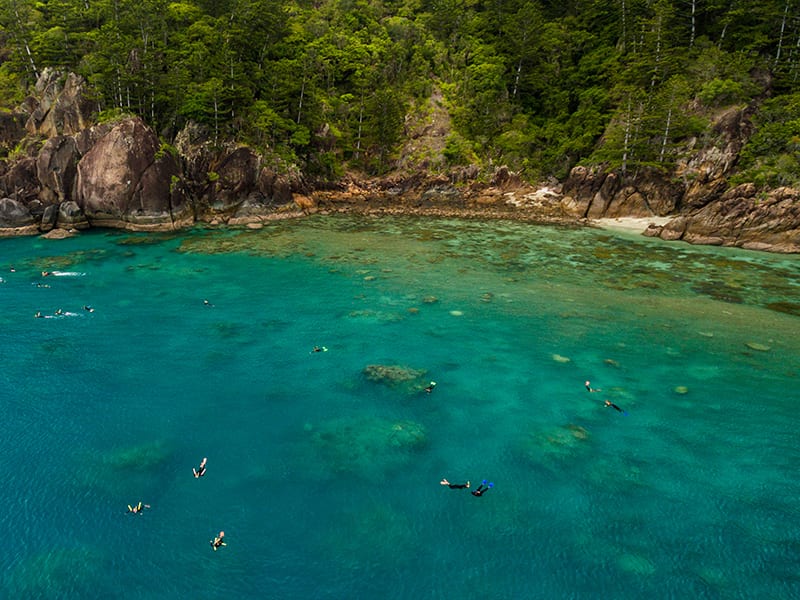
Snorkel Fringing Reefs
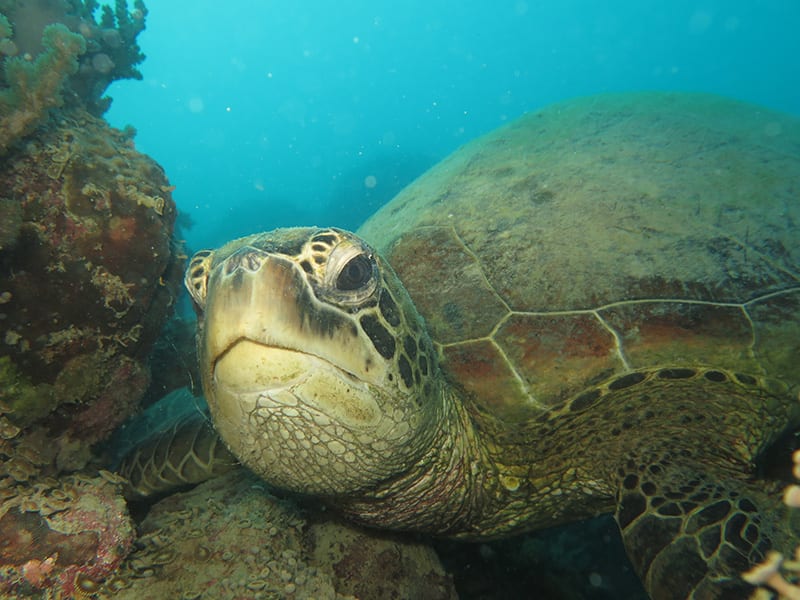
Green Sea Turtle
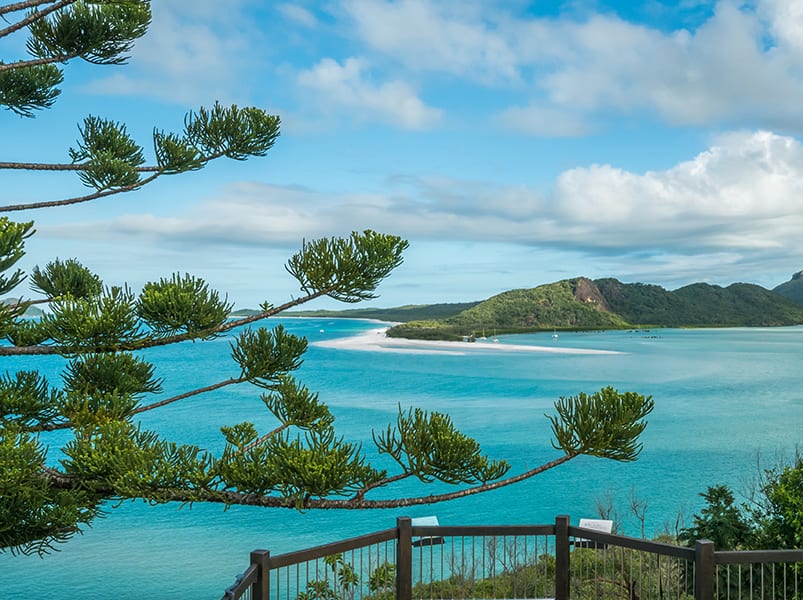
Hill Inlet Lookout




